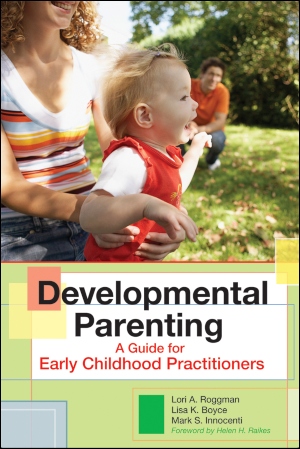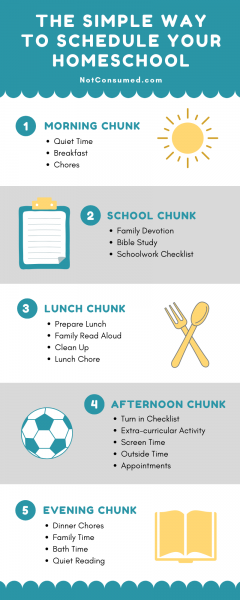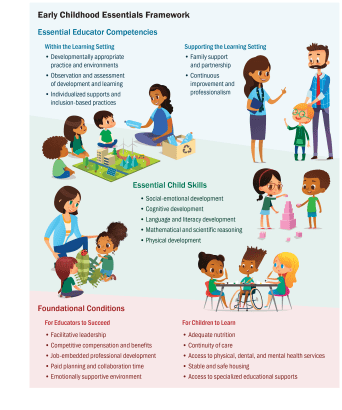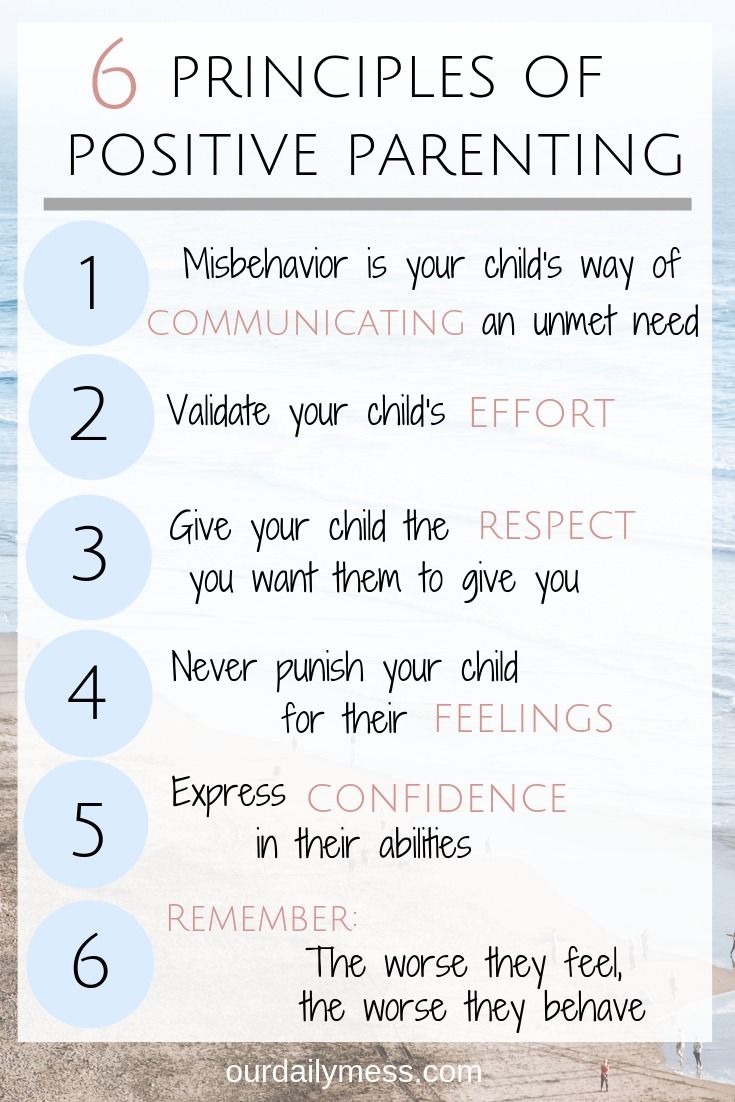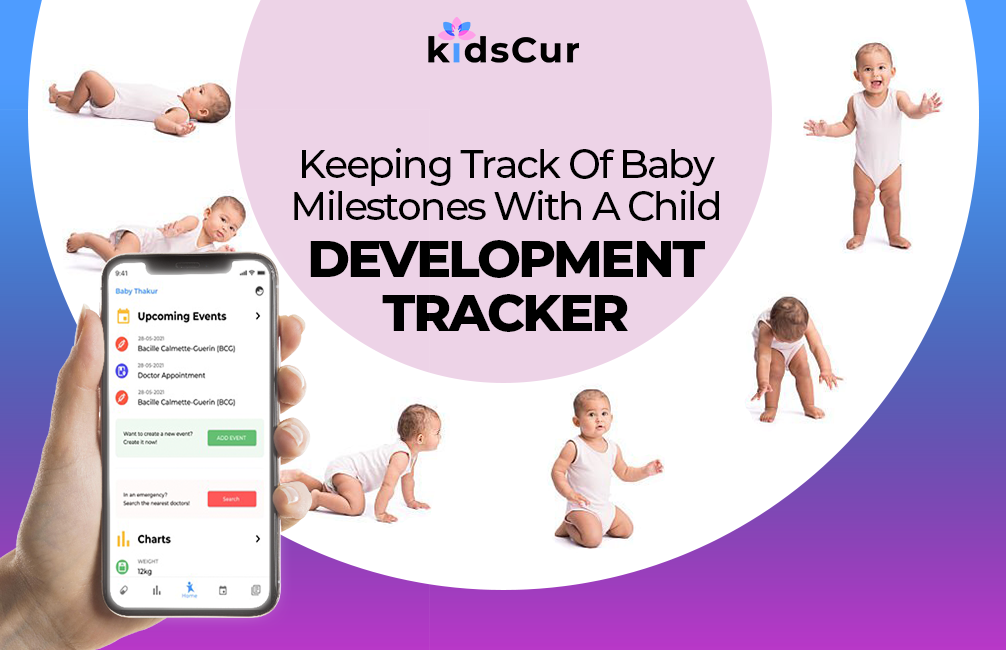It can be hard to know what to expect when it comes to your infant’s development. Every baby is unique, and their development will be different from that of other children. As a parent, it’s important to understand your infant’s development so you can ensure their needs are met and that they are reaching their milestones.
To help you gain a better understanding of your infant’s development, we’ve created a comprehensive parenting guide. This guide will provide you with an overview of the different stages of development and what to expect at each stage.
The first stage of development is the newborn stage. During this stage, your baby will be learning how to feed, sleep, and adjust to life outside the womb. You may notice that your baby is very sensitive to noise and light during this stage. This is normal and will pass as your baby becomes more comfortable in their new environment.
The next stage of development is the infant stage. During this stage, your baby will be developing motor skills and learning how to communicate. You may notice that your baby is starting to babble and reach out to touch new objects. This is a normal part of development and is a sign that your baby is learning.
As your baby moves into the toddler stage, they will continue to develop their motor skills and communication. You may notice that your toddler is more active and is beginning to explore the world around them. This is a normal part of development and is a great time to introduce your toddler to new activities.
Finally, your child will move into the preschool age. During this stage, your child will continue to develop their skills and understanding of the world. They will be able to communicate more effectively and will understand basic concepts. This is a great time to introduce your child to new activities and concepts.
We hope this guide has helped you gain a better understanding of your infant’s development. By understanding the different stages of development, you can ensure that your child is meeting their milestones and that their needs are being met.







